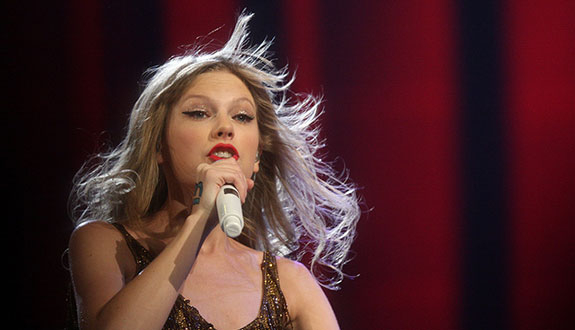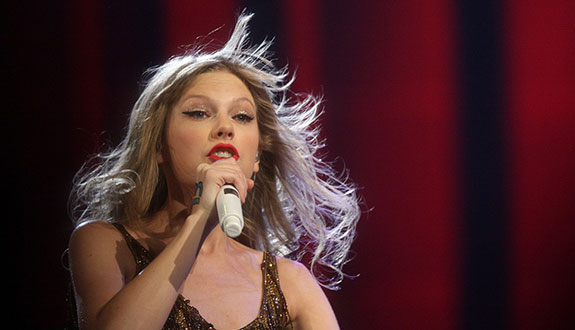The hills are alive with the sound of music law.
- by
- Jan 20, 2016
- Legal Life
- Reviewed by: Matt Riley


The law and music intersect in lots of ways, and I’m not just talking about the song by The Clash. There’s everything from contract law, which applies to, well, contracts, to the health and safety issues that pertain to live performances. But in today’s world, there are a lot of interesting issues relating to music and intellectual property law, and to royalty payments in particular.
If you haven’t been living under a rock for the past few years, you probably know that streaming services such as Spotify have become popular. Consumers can listen to music for free, or pay $10 a month to get rid of ads and get better sound quality. When you listen to a song on Spotify, the service pays roughly half a cent in royalties to the song’s rights holders, and presumably some fraction of that makes its way to the artist and songwriter.
Taylor Swift got a lot of publicity for pulling her music off Spotify a little more than a year ago. She stated that she believed music should not be streamed for free. Her label also claimed to have earned only $500,000 in the previous year from Spotify streaming. That’s a lot of money to you (I presume) or to me, but for one of the biggest pop stars in the world it’s not all that much.
Talyor Swift’s decision didn’t involve any legal action against Spotify, but others have decided to try their luck in court. Last month, David Lowery, of the band Cracker (they were moderately big in the ‘90s — trust me on that), sued Spotify, claiming that the service distributed his band’s copyrighted work without permission. Another lawsuit — this one a class-action — was filed just a couple weeks ago on behalf of songwriters. And these are by no means the first complaints.
One important question in these lawsuits is whether the rights holders can indeed sue as a class. However these lawsuits shake out, I think I can safely predict that streaming royalties will continue to be a subject of legal debate for years to come. And intellectual property issues never go away — just last year there was even a ruling on the validity of the copyright to Happy Birthday. Ever wonder why chain restaurants always have their own corny birthday songs? Now you know.
Now, for those of you who had no idea what I was talking about when referring to The Clash, behold:
[youtube]https://www.youtube.com/watch?v=AL8chWFuM-s[/youtube]
Search the Blog

Free LSAT Practice Account
Sign up for a free Blueprint LSAT account and get access to a free trial of the Self-Paced Course and a free practice LSAT with a detailed score report, mind-blowing analytics, and explanatory videos.
Learn More
Popular Posts
-
logic games Game Over: LSAC Says Farewell to Logic Games
-
General LSAT Advice How to Get a 180 on the LSAT
-
Entertainment Revisiting Elle's LSAT Journey from Legally Blonde








